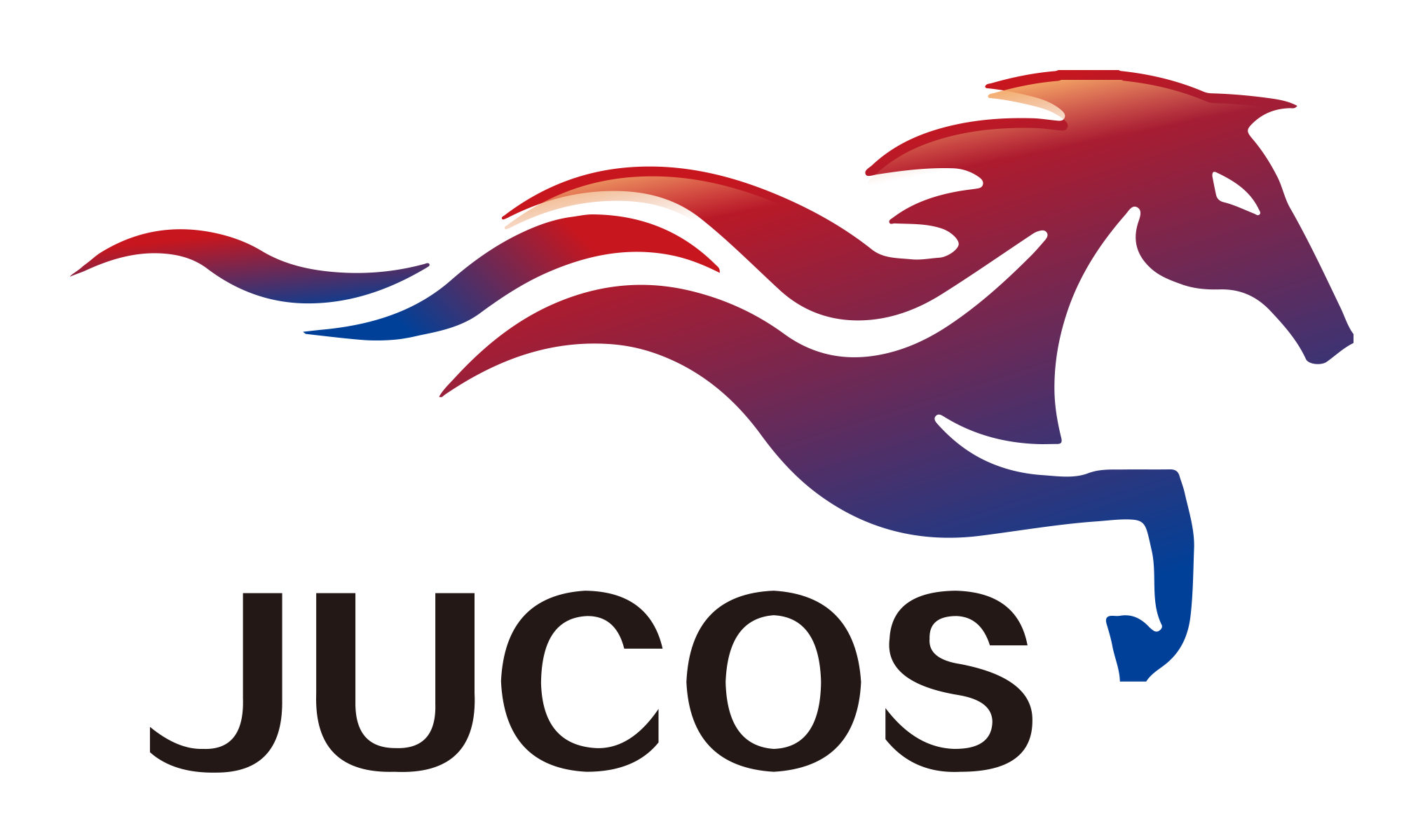Improve the corrosion resistance of magnesium alloys by surface treatment(一)
Magnesium alloy is the lightest metal engineering material in industrial applications. Its density is low (1.74g/cm3), only 2/3 of aluminum and 1/4 of iron. It has excellent damping shock absorption and electromagnetic shielding performance, heat dissipation, It has many advantages such as good electrical conductivity, convenient processing and molding, easy recycling and environmental protection requirements. It has important application value and broad application prospects in the fields of automobiles, electronics, aerospace, and national defense. Material". It has extremely strong electrochemical activity, and the standard electrode potential is -2.37V. It is prone to corrosion and passivation in humid, CO2, and Cl- environments. It can naturally form basic carbonate in the air, and the film has poor protection. At the same time, the impurity elements and alloying elements contained in it are easy to cause galvanic corrosion, stress corrosion, fatigue corrosion, etc. during use, which greatly limits its wide application.
To improve the corrosion resistance of metal magnesium, from the perspective of designing alloys and improving casting conditions, the impurity content should be reduced, alloying elements should be added, and a film or coating with protective properties should be formed on the surface of high-purity gold to improve and improve corrosion resistance. Reducing the content of impurities by metallurgical methods, or adding other alloying elements to limit the existence of impurities and improve the corrosion resistance of magnesium alloys will further expand its application range, but this method is limited to adding rare earth elements and other few. Several elements, which have not been widely used, cannot meet industrial requirements. And then some new surface treatment methods such as tin conversion coating, laser surface treatment, PVD (physical vapor deposition), chromium nitride coating, magnesium alloy surface deposition of aluminum and other methods also came into being. Surface modification is mainly divided into electrochemical method, chemical method, thermal processing method, high vacuum method and other physical methods.
Among many anti-corrosion methods, organic protective coatings are widely used because of their simple construction, economical application, not restricted by the shape of equipment, and certain decorative effects. Therefore, developing a suitable coating system is an economical and effective method to improve its anti-corrosion performance. In the magnesium alloy protection system, it is very necessary to correctly select the multi-layer composite coating system.











